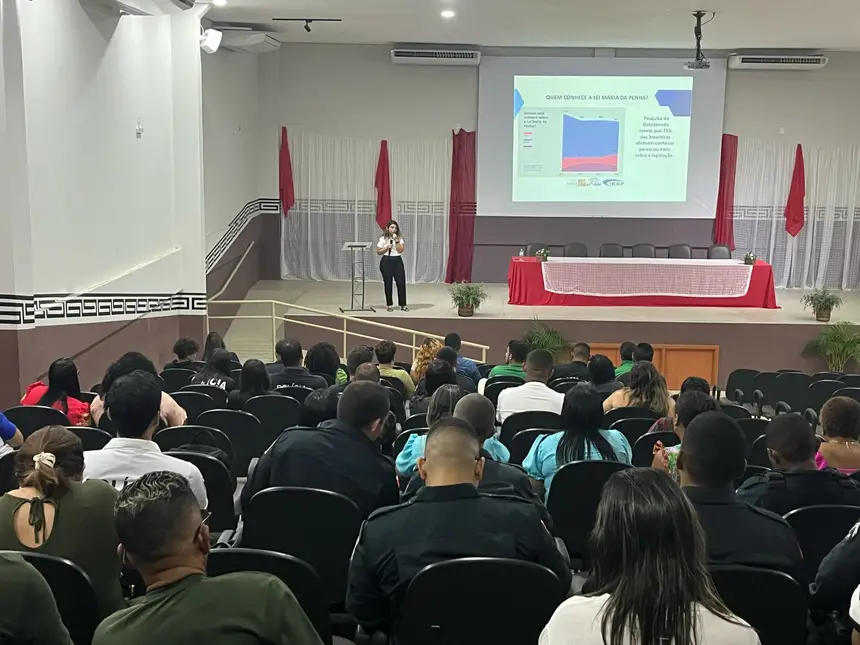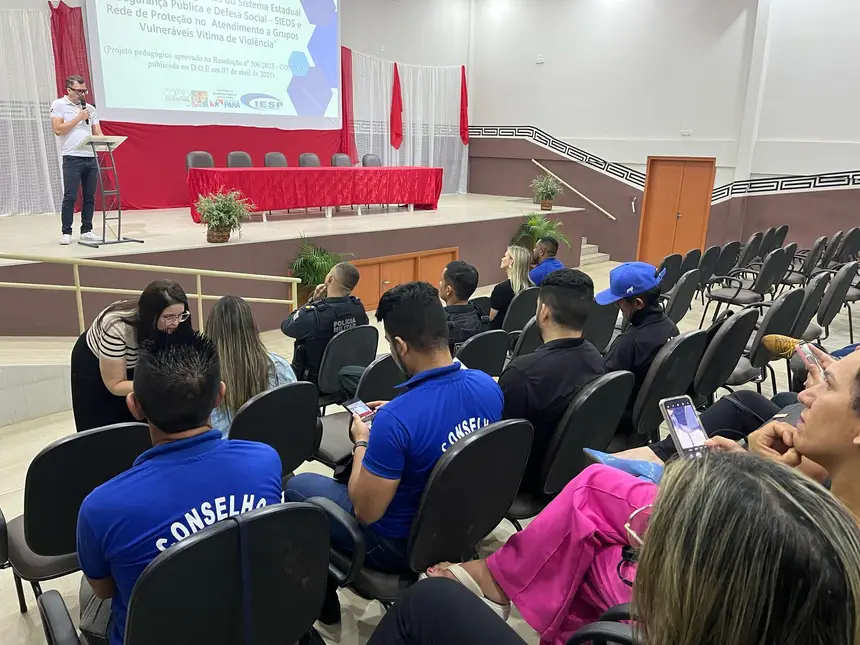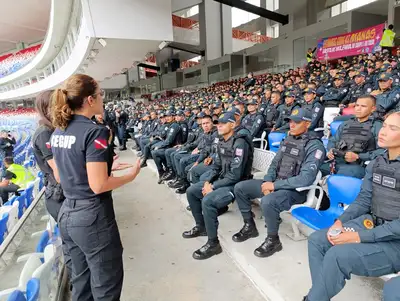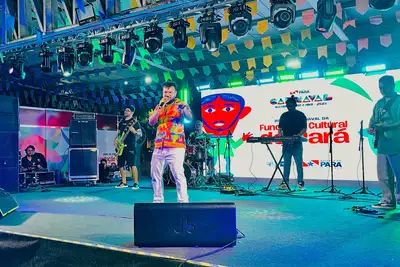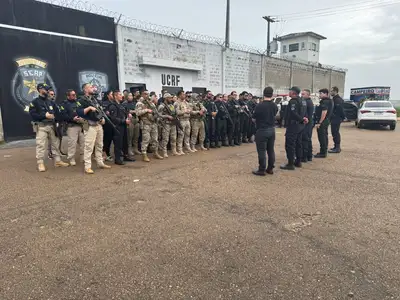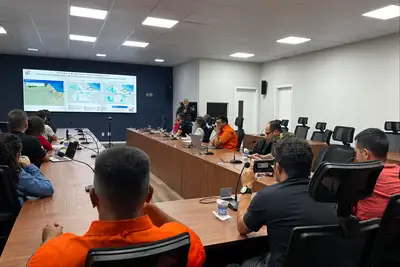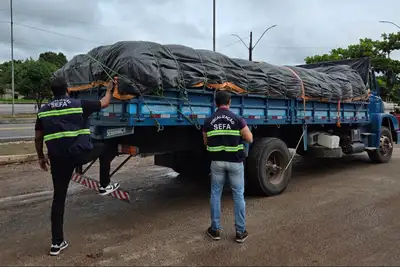Segup trains agents and protection network for assistance to vulnerable groups in Soure, Marajó
A total of 83 participants from the State Security System and protection network took part in the training on April 24 and 25
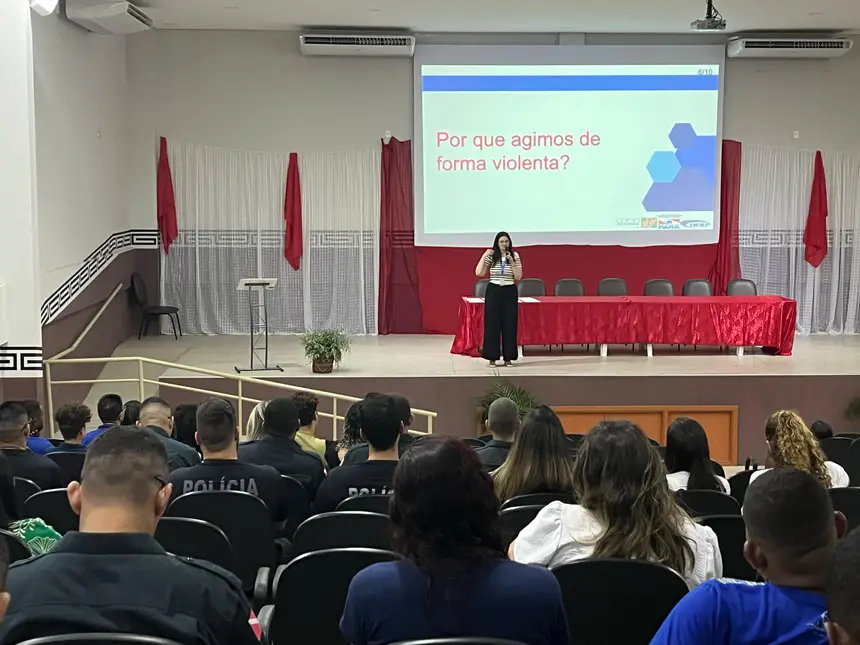
In order to humanize and improve the service provided by public security agents in Pará and the protection network, the Secretary of Public Security and Social Defense (Segup), through the Directorate of Public Security Policy and Social Prevention (DPS) and the Institute of Security Education of Pará (Iesp), conducted training aimed at assisting vulnerable groups who are victims of violence in the municipality of Soure, in the Marajó archipelago.
The training took place on April 25 and 26, in the auditorium of the Santana do Tucumanduba School. A total of 83 participants were trained, including representatives from the Fire Department, Civil Police, Military Police, Secretary of Penitentiary Administration (Seap), Municipal Secretary of Education, and Municipal Secretary of Health. The program also included professionals working in Psychosocial Care Centers (Caps), Guardianship Council, Social Assistance Reference Center (Cras), and Specialized Social Assistance Reference Center (Creas) of Soure.
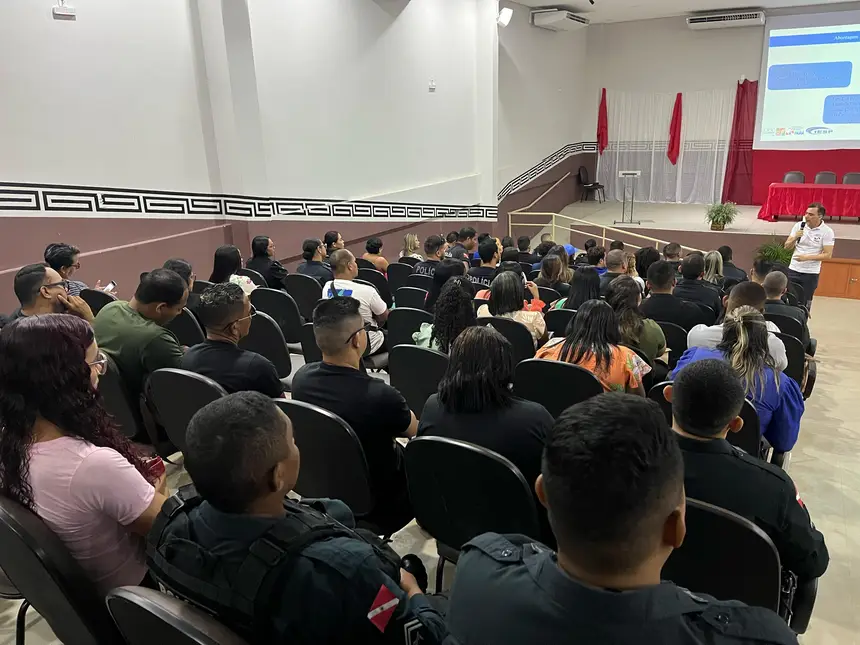
According to the head of Segup, Ualame Machado, the training is a way to expand the services provided to the population and enhance the technical competence of the service teams. “Humanizing the service is essential so that, in addition to preventing crimes, the victim feels safe and welcomed during the service. This also emphasizes the State's commitment and demonstrates a safe space for the population to feel secure in making reports, in addition to activating the teams,” he pointed out.
Ana Barbosa, coordinator of Creas in Soure, believes that the training promoted by Segup in various municipalities is essential, especially given the geographical size of Pará. “It is of great value to us and our training. It is also important to ensure that we can provide quality service to our users, with a more technical, more human perspective regarding all the situations we may encounter here in the municipality. We know that, compared to the capital or large centers, the violence we have here is somewhat different. We have cases of violence that are more hidden, more veiled,” she said. The social worker also believes that joint training strengthens the unity of the support network and the fight against violence.
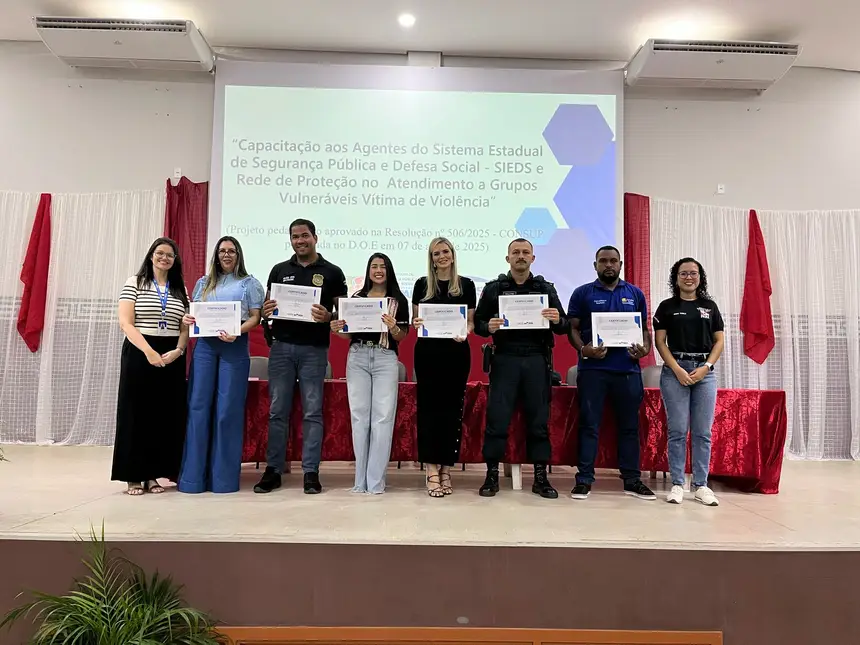
For the head of the Specialized Police Station for the Care of Children and Adolescents (Deaca) in the municipality, delegate Lilian Ribeiro, the combination of operational personnel with other members of the protection network enriched the learning experience. “The speakers brought topics that updated not only the scope of the Civil Police but the entire protection network. Regarding laws, rights, and the main thing, which is about how to act with vulnerable groups. Above all, we need to have a humanized and specialized service, a sensitive service that is truly willing to help and solve problems not in isolation, but collectively,” concluded the delegate.
Soure was the first municipality to receive training aimed at assisting vulnerable groups in 2025. Security agents and the protection network operating in Parauapebas, Marabá, Belém, Bragança, Santarém, and Itaituba will also receive training later this year.
Text: Esther Pinheiro (Ascom/Segup)



